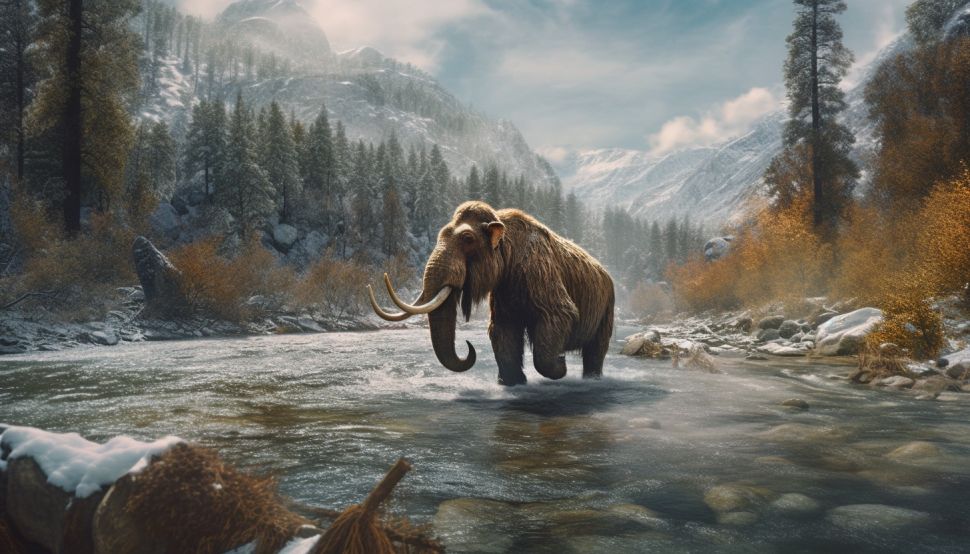The woolly mammoth could be brought back from extinction in just three years’ time—that is, if everything goes to plan over at Colossal Biosciences, a biotech startup looking to resurrect a select number of animal species that no longer roam our Earth. Founded in 2021, the company’s eye-catching “de-extinction” mission has caught the attention of scientists, conservationists and deep-pocketed investors.
It’s managed to raise $435 million in funding over the past three years and most recently secured $200 million from TWG Global, a holding company led by billionaire investors Mark Walter and Thomas Tull. The injection of capital, which was announced today (Jan. 15) by Colossal, values the Dallas-based startup at a staggering $10.2 billion. Besides making it the first startup founded in Texas to be valued at eleven figures, the new funding round will bolster Colossal’s efforts in gene-editing technology.
Co-founded by entrepreneur Ben Lamm and biologist George Church, Colossal is currently focusing on bringing back three extinct species: the woolly mammoth, dodo bird and Tasmanian tiger. Using a combination of ancient DNA, living DNA, genetic engineering tools, A.I. and software, Colossal examines what genes in these species have been lost over time and attempts to engineer them into those of its closest living relative. A wooly mammoth, for example, is genetically 99.6 percent an Asian elephant, said Lamm, who serves as the company’s CEO.
Backing Colossal’s ambitious goals are investors like adventurer Victor Vescovo, video game developer Richard Garriott and Lord of the Rings director Peter Jackson. Besides sponsoring some 40 full-time scholars and research programs, the startup currently employs more than 170 scientists and partners with labs across Boston, Dallas and Melbourne, Australia.
When can we expect the return of the woolly mammoth?
Colossal’s woolly mammoth project is currently at the “editing” stage, meaning that the company is attempting to edit its mammoth genes into Asian elephant cells. Lamm is projecting that the company will birth its first woolly mammoth calf by 2028, a timeline he described as “beyond aggressive” but not out of reach. “I think there’s significant hope we’ll get there,” he told Observer.
Once such species are born, Colossal aims to work with private landowners, Indigenous peoples groups and global governments to engage in re-wilding. The re-wilding process “has a massive positive impact on the ecosystem,” said Lamm, pointing towards the benefits reaped by the successful reintroduction of wolves to Yellowstone as an example.
The startup’s technology also has applications beyond de-extinction. Colossal has already spun out two other startups: the computational biology-focused Form Bio and plastic degradation-centered Breaking. In October, it raised a separate $50 million for the Colossal Foundation, a 501(c)(3) focused on supporting labs and conservation partners pursuing tech-infused conservation solutions.
Colossal’s recent funding round won’t just benefit the company’s three flagship de-extinction projects, but will allow the startup to begin looking for other extinct avian and mammalian species to work on. “We’ll start the process of identifying potential next species for de-extinction candidates—which is just fun and crazy,” said Lamm.

